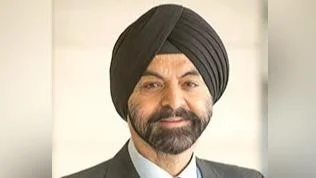Subitha Banu, known as Bhai Amma, operates a small biryani stall in Erode, Tamil Nadu. Her business thrives as she sells out her stock by noon and prepares additional dishes for evening customers. Despite her success, Bhai Amma aims to expand her business but faces challenges in securing the necessary investment of INR 1,00,000.
In rural areas, women entrepreneurs often rely on local self-help groups (SHGs) for credit. However, the amount Bhai Amma needs exceeds what her SHG can provide. This situation highlights a gap in support for ventures like hers that generate annual revenues between INR 300,000 and INR 3 million. These businesses fall into a category termed 'Growth-Oriented Woman's Enterprises' (GOWE), which are not fully addressed by existing policies.
Since 2018, the Indian government has introduced programs to support women entrepreneurs. Yet, these initiatives mainly target first-generation entrepreneurs or larger enterprises with turnovers above INR 50 million. GOWEs remain understudied despite their potential to create jobs and stimulate growth.
A World Bank study across six Indian states examined GOWEs and found them concentrated in sectors such as retail trade and food services. The study emphasized the untapped potential of these enterprises to generate employment in rural areas. Over the past decade, about 27 million women have left farming; only five million have transitioned to non-farm sectors.
To harness this potential, targeted policies are needed to provide comprehensive support structures for GOWEs. This includes access to customized finance and advisory services to help these enterprises grow. Such measures could increase female labor force participation in India from its current rate of 37 percent and address the gender gap in entrepreneurship.
The World Bank's study is part of broader efforts to promote rural women's entrepreneurship in India. It supports national and state-level programs that help women-owned enterprises develop business plans and secure loans from commercial banks.

